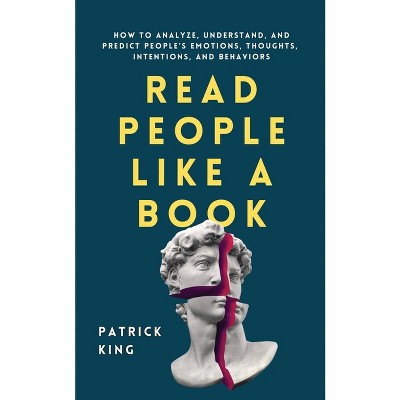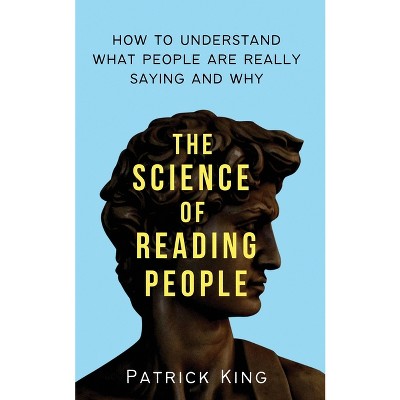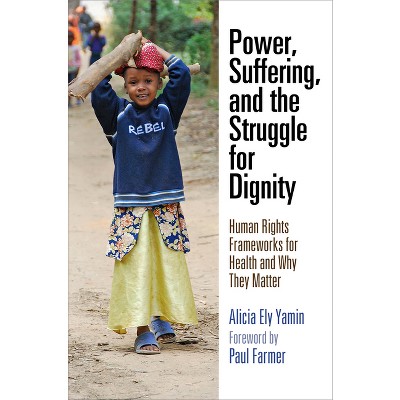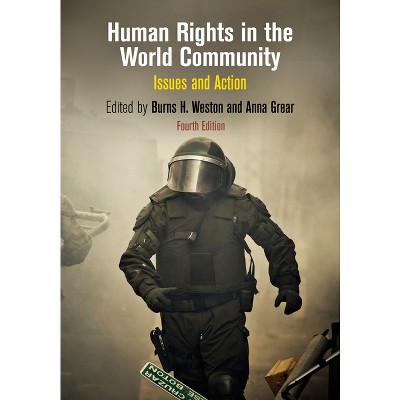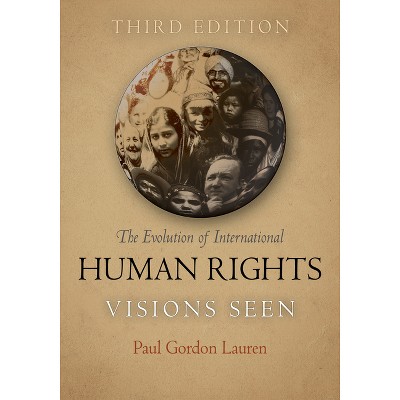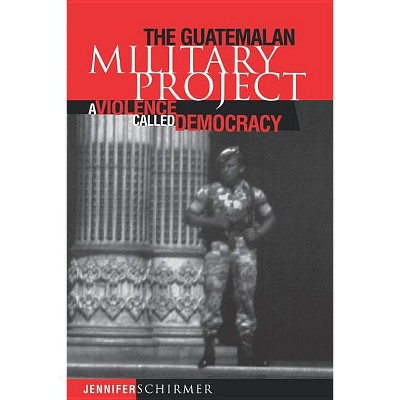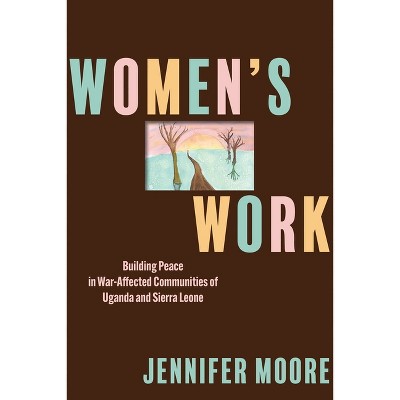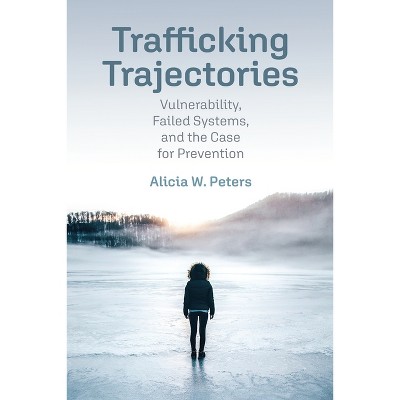Sponsored

Power, Participation, and Private Regulatory Initiatives - (Pennsylvania Studies in Human Rights)
In Stock
Sponsored
About this item
Highlights
- From unsafe working conditions in garment manufacturing to the failure to consult indigenous communities with regard to extractive industries that affect them, human rights violations remain a pervasive aspect of the global economy.
- About the Author: Daniel Brinks is Professor of Government at the University of Texas at Austin.
- 368 Pages
- Political Science, Human Rights
- Series Name: Pennsylvania Studies in Human Rights
Description
About the Book
This volume brings together academics and practitioners from around the world to engage in theoretical analysis, case study exploration, and reflection on a variety of private regulatory initiatives (PRIs) that may certify that actors along the global supply chain conform to certain codes of conduct.
Book Synopsis
From unsafe working conditions in garment manufacturing to the failure to consult indigenous communities with regard to extractive industries that affect them, human rights violations remain a pervasive aspect of the global economy. Advocates have long called upon states, as the primary duty bearers and enforcers of human rights, to hold corporations directly accountable for violations committed throughout the supply chain. More recently, many business and human rights advocates have considered the development and enforcement of private regulatory initiatives (PRIs) to certify that actors along the supply chain conform to certain codes of conduct. Many advocates see these PRIs as holding the potential to create better outcomes--whether for workers, affected communities, or the environment--within a global economy structured by supply chain capitalism.
This volume brings together academics and practitioners from a number of regions throughout the world to engage in theoretical analysis, case study exploration, and reflection on a variety of PRIs. Theorizing outward from the work of practitioners and activists on the ground, the book brings essential but often overlooked questions to the scholarly debates on business, human rights, and global governance. Ultimately, the contributions coalesce around one basic claim: that the inequalities and disparities of power and wealth that are a key characteristic of the contemporary global economy can also mark the origins and operation of PRIs, and do so to varying degrees. The collection highlights the need for discussions about labor, environmental, and other human rights accountability to be situated within a broader analysis of the political economy of contemporary supply chain capitalism. It seeks to enrich discussions of PRIs by bringing into the conversation concerns about distributive justice and political economy.Review Quotes
"This volume exposes power imbalances that underpin and undermine the efficacy of various private initiatives aimed at regulating human rights abuses in global supply chains. The editors and many authors rightly stress the need to dismantle the current system, which tends to legitimize these asymmetries experienced by workers and affected communities."-- "Surya Deva, City University of Hong Kong"
About the Author
Daniel Brinks is Professor of Government at the University of Texas at Austin. Julia Dehm is Senior Lecturer in Law at La Trobe University. Karen Engle holds the Minerva House Drysdale Regents Chair in Law at the University of Texas at Austin. Kate Taylor is a human rights lawyer in Melbourne, Australia.Shipping details
Return details
Guests also viewed


